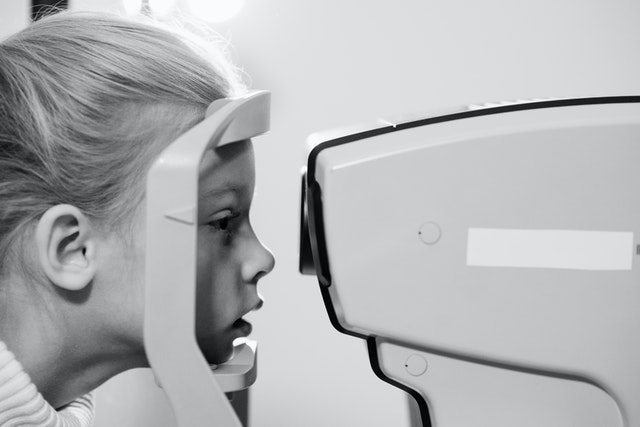November is National Diabetes Month, a time when communities across the country seek to bring attention to diabetes. This year’s focus is on taking action to prevent diabetes health problems. At Sight Care, we see many patients who have diabetes, and we are a key partner, along with their Family Physician, in helping them monitor and protect their health.
Diabetes can significantly affect eyesight in several ways, primarily due to elevated blood sugar levels that can damage various parts of the eyes. Some of the most common impacts include:
- Diabetic Retinopathy: This is the most common diabetes-related eye disease. High blood sugar can damage the blood vessels in the retina, leading to vision problems. In the early stages, there may be no symptoms, but as it progresses, it can cause blurred vision, floaters, and, if untreated, blindness.
- Cataracts: People with diabetes are at a higher risk of developing cataracts, which cause the lens of the eye to become cloudy, leading to blurred vision. Diabetics tend to develop cataracts at an earlier age and may experience more rapid progression.
- Glaucoma: Diabetic individuals are at an increased risk of developing glaucoma, a condition where increased pressure in the eye can damage the optic nerve. This can lead to gradual vision loss and, if untreated, blindness.
- Blurred Vision: High blood sugar levels can cause fluid to be pulled from the lenses of the eyes, affecting the ability to focus. This can lead to temporary blurred vision, which can improve once blood sugar levels are controlled.
- Diabetic Macular Edema (DME): This condition occurs when fluid leaks into the macula (the part of the retina responsible for sharp vision), leading to swelling and vision impairment.
Managing blood sugar levels is crucial to preventing or slowing the progression of these eye issues. Regular eye exams are important for detecting problems early, as many diabetic eye conditions can be treated more effectively if caught early.
In Ontario, people with diabetes are eligible for annual eye examinations and they are paid for by OHIP. These examinations are critical to monitor your eyesight and track any impact your condition is having. Early detection is the key to ensuring the best possible outcome.
If you are uncertain about anything regarding your vision health, we recommend that you visit an Optometrist to get all your questions answered. You can make an appointment with us online at https://sightcareoptometry.com/.
Note: This posting is for informational purposes only and does not attempt to diagnose or
recommend treatment for any condition. Please refer to the Ontario Association Optometrists website (https://optom.on.ca/eye-health-library) for more information or consult an Optometrist if you are experiencing eyesight issues.






